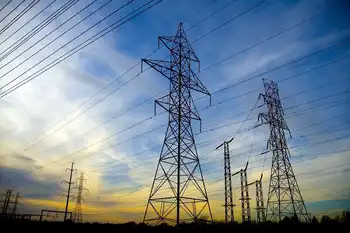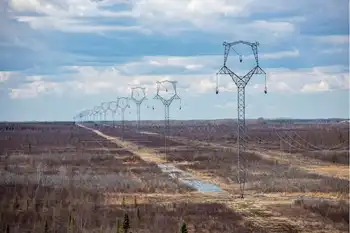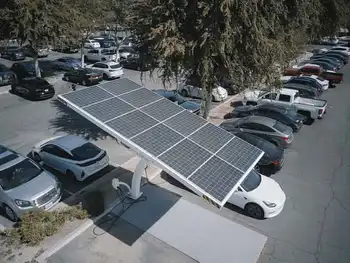HV insulator coating helps wind power flow
By Electricity Forum
Protective Relay Training - Basic
Our customized live online or in‑person group training can be delivered to your staff at your location.

- Live Online
- 12 hours Instructor-led
- Group Training Available
NorthWind Power Development Corporation uses Sylgard High Voltage Insulator Coating (HVIC) from Dow Corning in transmission line insulators to more effectively deliver its wind energy to more than 500,000 people. By switching to Sylgard HVIC, NorthWind significantly reduced down-time and maintenance costs associated with frequent flashovers, which increased cost effectiveness and customer satisfaction.
“After listening to NorthWind’s concerns and studying environmental conditions, we suggested coating the insulators with Sylgard HVIC to eliminate the flashovers and costs related to repair and maintenance,” said Kristen Scheibert-Mizell, Dow Corning’s Power and Utility market leader. “Our experts provided technical advice and training on the proper application of the coating, and recommended periodic inspections to ensure continued performance.”
Dow Corning recommended the product to NorthWind because of its hydrophobicity, reliability and ease of installation. Sylgard HVIC is an RTV (Room Temperature Vulcanizing) silicone elastomer that cures to an elastic rubber coating on the insulator surface.
Prior to using Sylgard HVIC, NorthWind was plagued by frequent flashovers in its transmission lines that disrupted service to customers and increased maintenance costs. Closer investigation revealed that porcelain insulators within the lines malfunctioned when exposed to automotive exhaust, pollutants from neighboring factories and the salty sea breeze.
“Forty percent of the area’s electricity is generated from the NorthWind wind farm in Bangui Bay, making reliable energy distribution critical,” said Niels Jacobsen, NorthWind Power Development Corporation President and CEO. “We chose Sylgard HVIC from Dow Corning because of its proven performance over the past 25 years.”
Since Sylgard HVIC was installed in July 2006, transmission lines have operated without incident. The product should continue to perform for years to come without recoating, unlike other materials that require a new application every 18 to 36 months.











